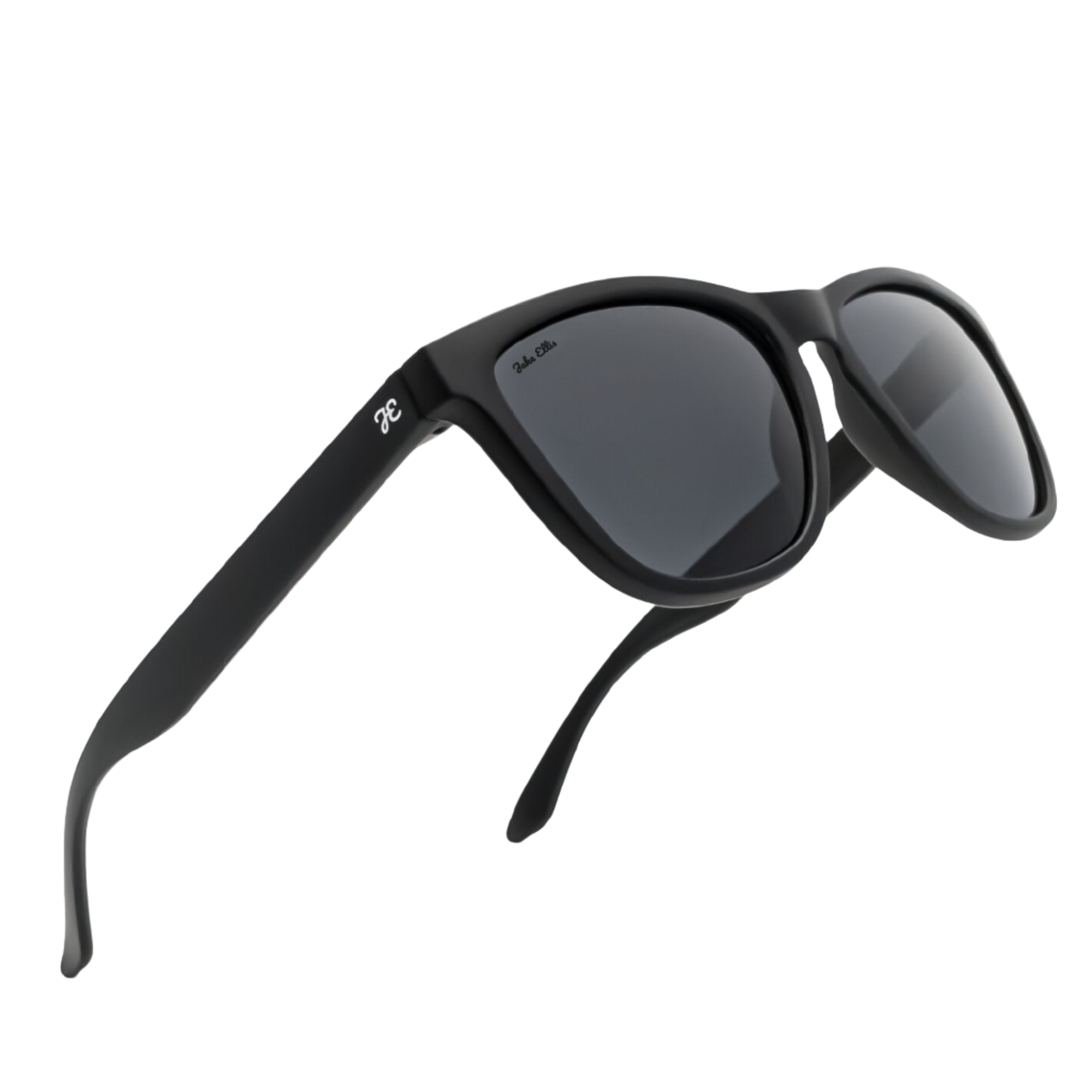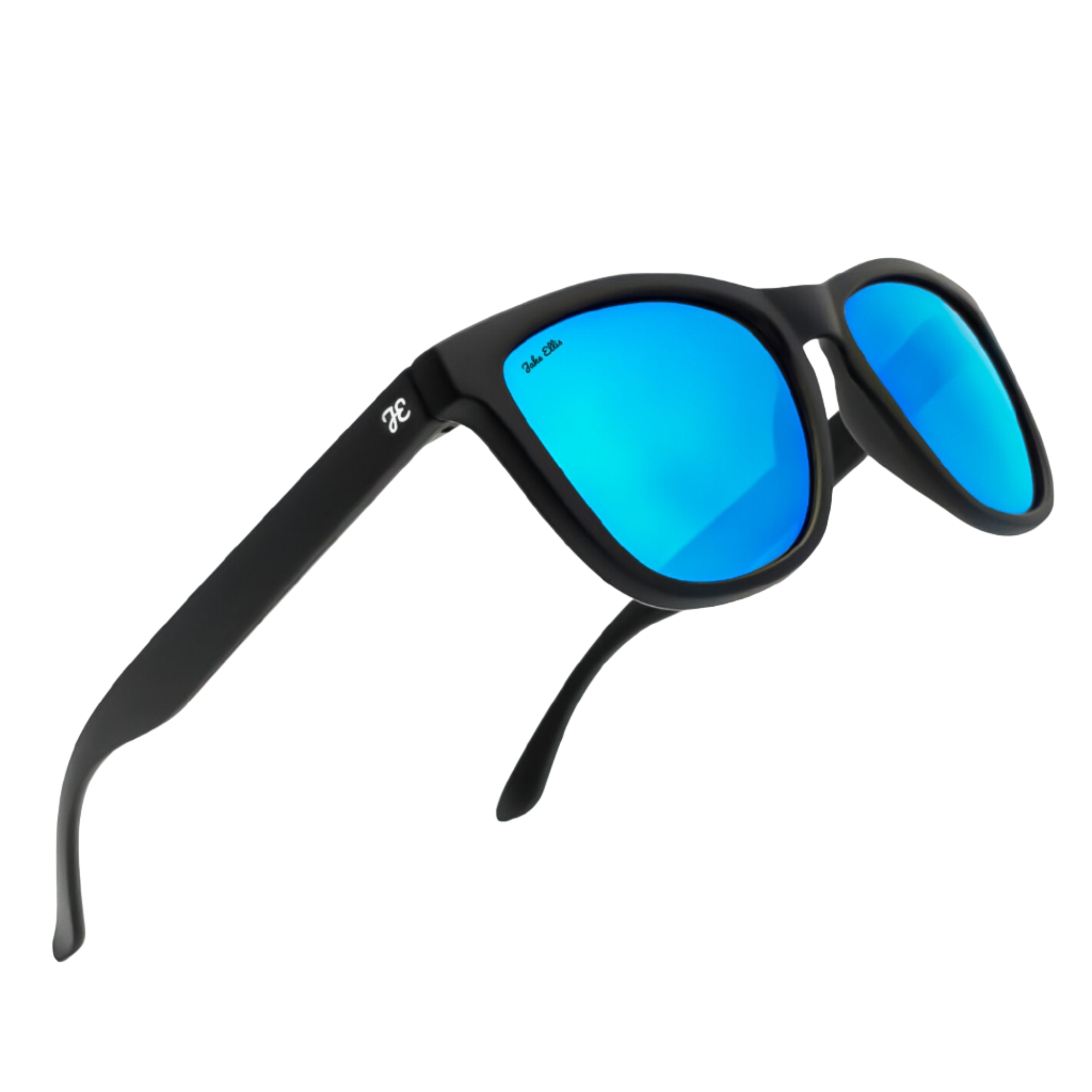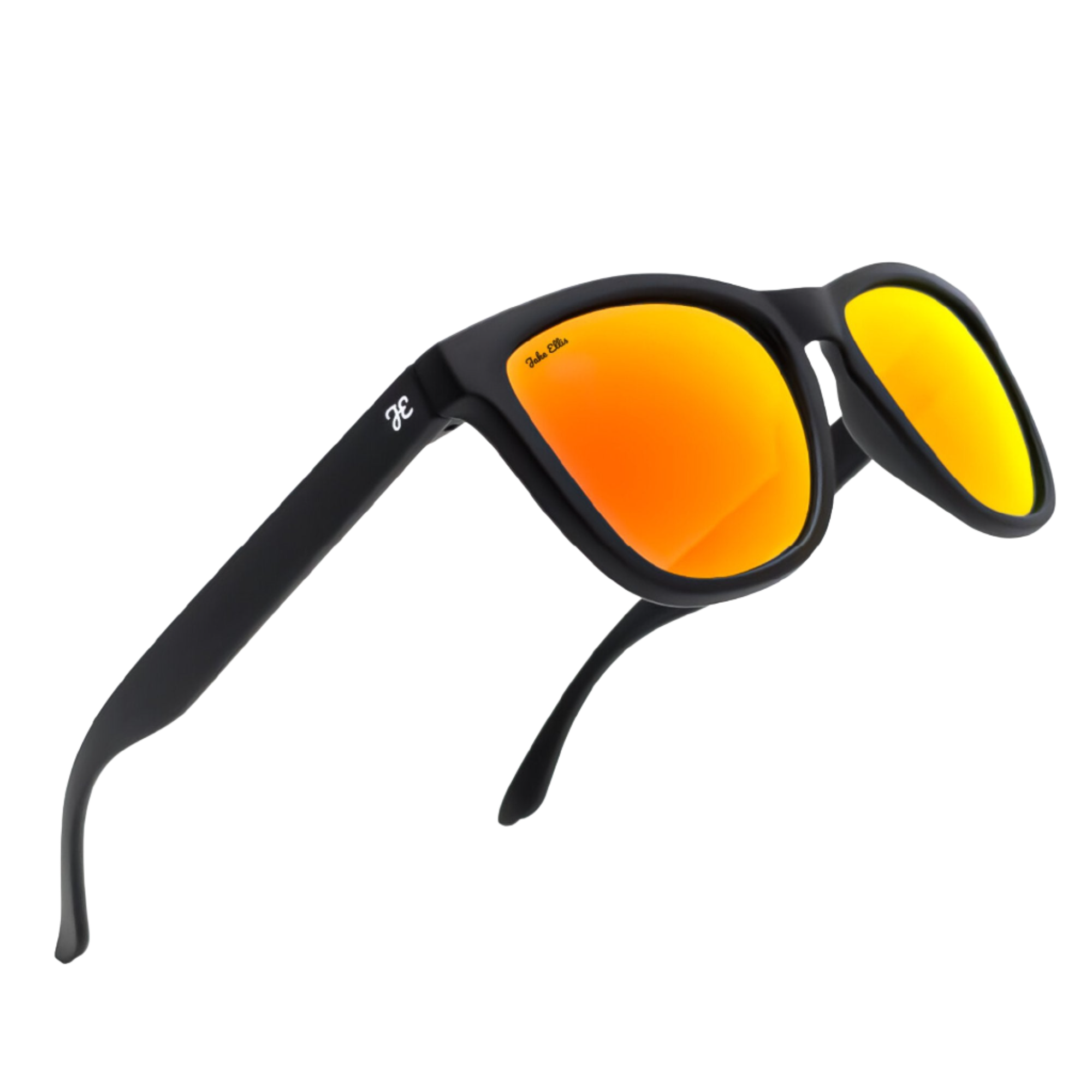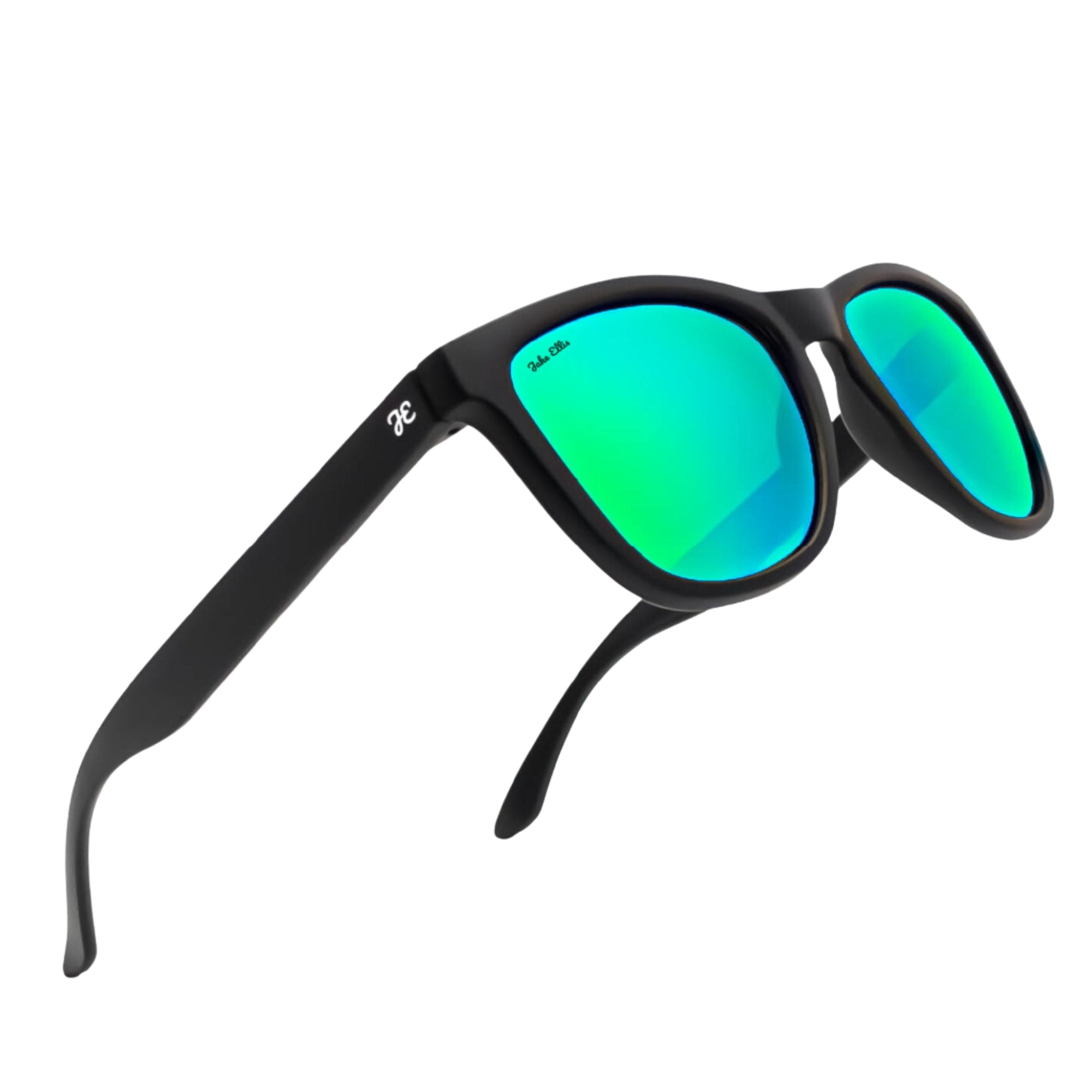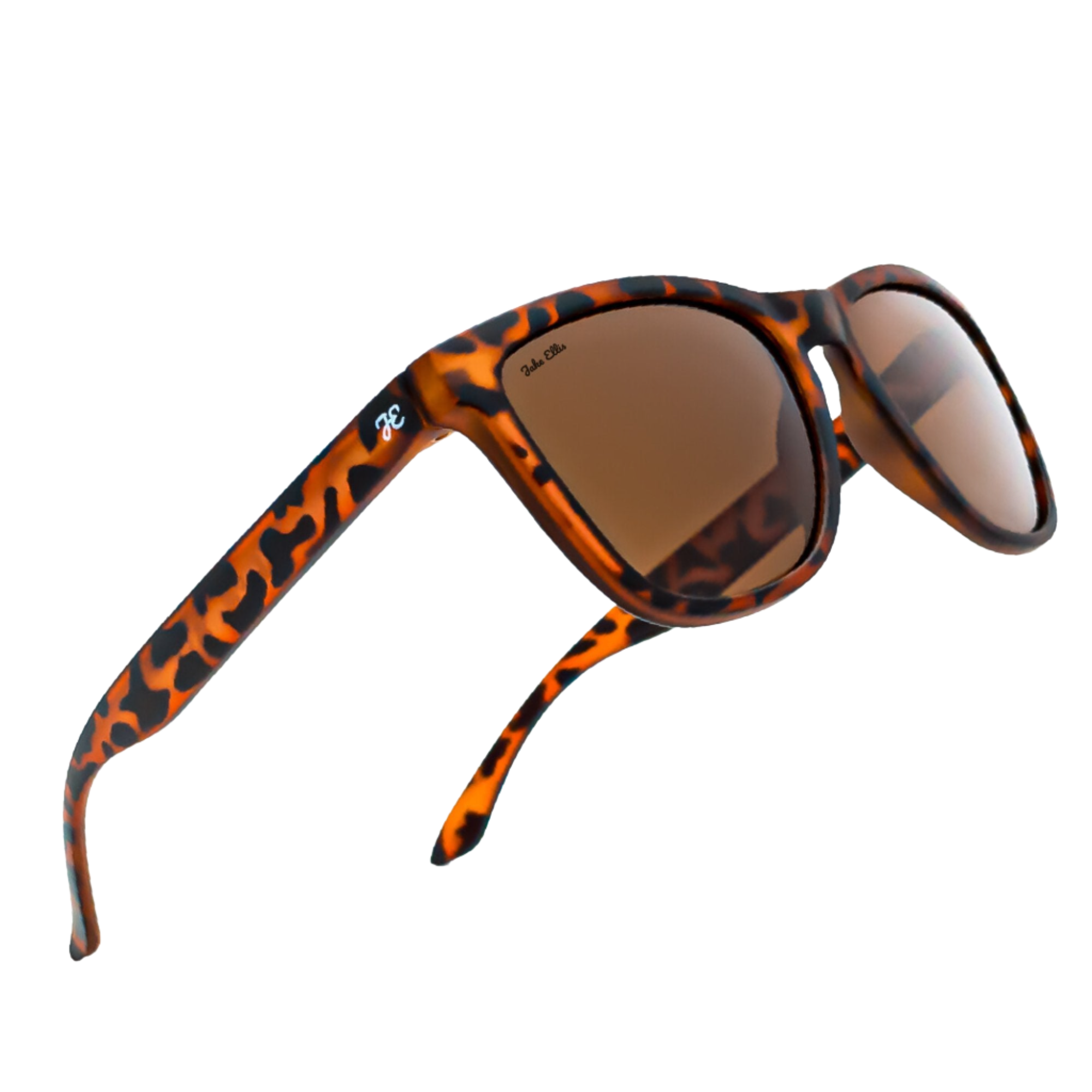While many may associate sunglasses solely with summer adventures at the beach or driving with the top down, their importance extends beyond the warms months. As the temperatures drop and daylight hours shorten, you might wonder if sunglasses are still necessary. However, there are several compelling reasons to reach for those shades, even in winter.
Here's why wearing sunglasses during the colder months is essential for both eye health and overall comfort:
- UV Rays Are Strong in Winter Too
- Snow Can Increase UV Exposure
- Preventing Eyestrain
- Protecting Against Wind and Cold
- Enhanced Visibility and Safety
1. UV Rays Are Strong in Winter Too
Contrary to common belief, ultraviolet (UV) rays do not take a break in winter. In fact, UV radiation can still penetrate clouds, meaning that even on overcast days, your eyes can be exposed to harmful rays.
2. Snow Can Increase UV Exposure
If you live in an area with snow, the impact of UV rays can be even more significant. Snow can reflect up to 80% of UV rays, similar to how sand reflects light at the beach. This reflection increases UV exposure to your eyes, increasing the risk of conditions like photo keratitis (aka. Snow Blindness), often described as a sunburn of the eye. (OUCH!) Wearing quality sunglasses can minimize the incidence of painful and damaging effects caused by reflected sunlight on snowy days.
3. Preventing Eye Strain
Winter brings shorter days, and many of us spend more time indoors under artificial lighting, which can lead to increased eye strain and fatigue. Bright sunlight reflecting off snow or ice can create a stark contrast that might prove uncomfortable for your eyes, leading to squinting and discomfort. Investing in a good pair of polarised sunglasses can help reduce glare, thereby improving visual comfort and reducing eye strain when you step outdoors.
4. Protecting Against Wind and Cold
During the winter months, windy conditions can frequently lead to dry and irritated eyes. Sunglasses act as a barrier against harsh winds, helping to shield your eyes from dehydration and irritation caused by cold air. This is particularly important for individuals who may have pre-existing eye conditions or those who have undergone eye surgeries.
5. Enhanced Visibility and Safety
Driving conditions can change rapidly during winter, with bright sunshine glaring off icy roads and snow-covered landscapes. Sunglasses can significantly enhance visibility by reducing glare, helping drivers and outdoor enthusiasts navigate safely.
Conclusion
In summary, sunglasses are not merely a summer accessory. They play a crucial role in protecting your eyes from UV radiation, minimizing glare caused by snow and ice, preventing dry eyes from wind exposure, and enhancing visibility during winter activities. So, as you bundle up for the colder months, don't forget to grab your sunglasses.
For your eye health and comfort, invest in a quality pair of sunglasses that meet your needs. Our Comptons™ provide UV400 polarised lenses, in a lightweight, comfortable frame, providing protection while keeping you looking cool, no matter the season.








